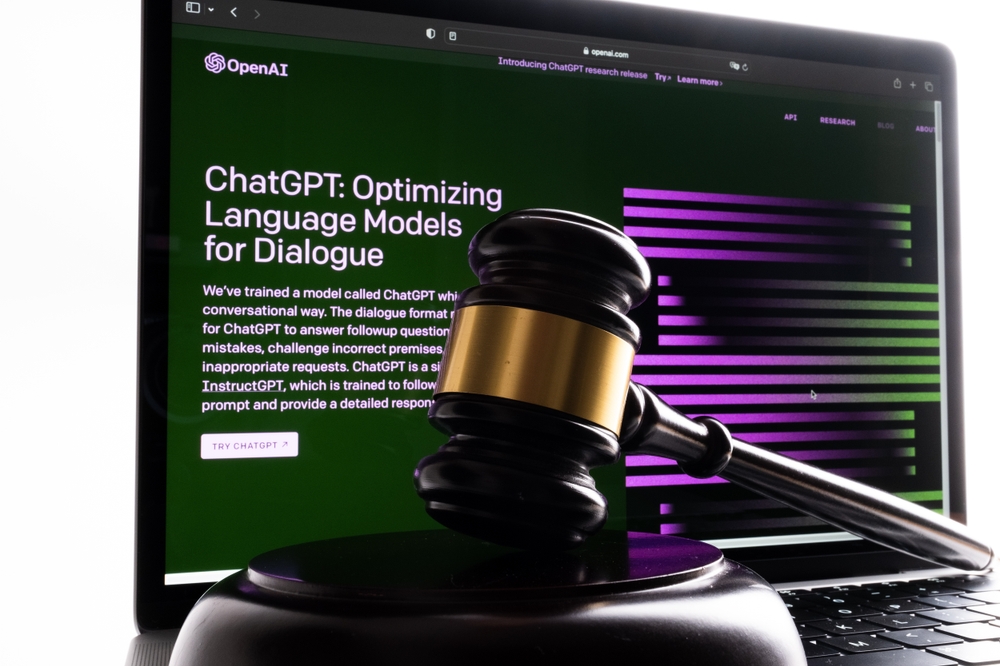Brazilian MP Ramiro Rosario sought assistance from an OpenAI chatbot to formulate legislation aimed at eliminating taxes associated with replacing stolen water meters. The chatbot swiftly generated a compelling proposal, which, despite its origins, gained traction and acceptance at the state level.

Legislation Development and Approval
The process involved the chatbot swiftly generating eight articles along with a legislative rationale within a mere 15 seconds. These initial drafts were directly forwarded to the City Council’s internal system without any alterations. Subsequently, the drafted bill underwent meticulous scrutiny and adaptation to comply with the country’s legislative regulations. The law was then passed through various committees where it received approval before reaching the plenary. At this stage, the remaining members of the city council unanimously approved the legislation.
Controversy and Decision-Making
Rosario deliberately withheld the AI’s involvement in drafting the bill, as its reliance was deemed controversial due to concerns raised by experts regarding potential errors and misinformation associated with AI-generated content. Had the origins of the proposal been disclosed earlier, it might have faced rejection, notes NIX Solutions.
In an interview with The Washington Post, Rosario emphasized the need for readiness in embracing technological advancements, stating, “Artificial intelligence won’t replace anyone, but those adept at utilizing it may replace us. Hence, preparedness is imperative.”
This initiative by Rosario underscores the evolving role of AI in legislative processes and raises discussions regarding the responsible integration of technology in governance.
